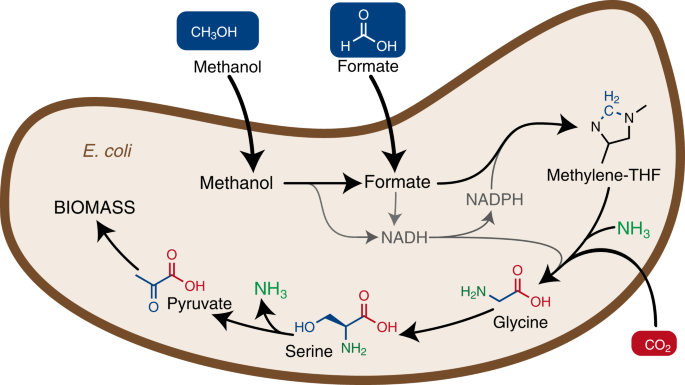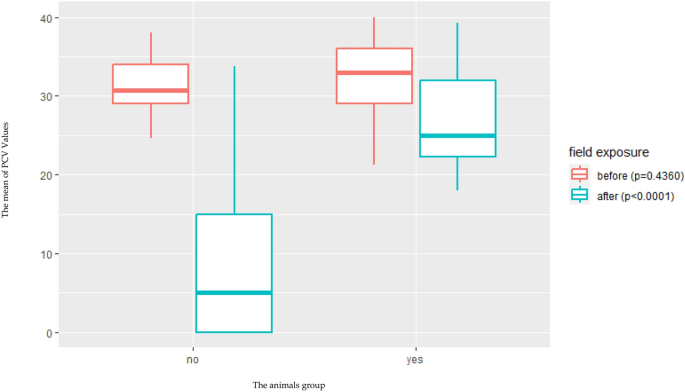- Select a language for the TTS:
- UK English Female
- UK English Male
- US English Female
- US English Male
- Australian Female
- Australian Male
- Language selected: (auto detect) - EN
Play all audios:
Access through your institution Buy or subscribe Imagine that you?re cruising the strip in your custom convertible. You turn your head to admire an attractive pedestrian. So far, so cool -
but what?s stopping you steering off the road and onto the sidewalk? The answer is that you have eyes in the back of your neck. Reporting in _Nature Neuroscience_, James A. Crowell of
Caltech, Pasadena, California and colleagues used a clever combination of willing volunteers and a motorized dentist?s chair to show how a range of non-visual signals help us to keep moving
in the same direction, even if our gaze is fixed on some object at the side of the road. A masterpiece of ensemble performance - starring the organs of balance in our inner ears,
muscle-movement sensors in our necks, and monitors of neuronal traffic to these neck muscles - allows our brains to compensate for the disruption that a change of view causes to the way we
perceive information coming through our eyes. This is a preview of subscription content, access via your institution ACCESS OPTIONS Access through your institution Subscribe to this journal
Receive 51 print issues and online access $199.00 per year only $3.90 per issue Learn more Buy this article * Purchase on SpringerLink * Instant access to full article PDF Buy now Prices may
be subject to local taxes which are calculated during checkout ADDITIONAL ACCESS OPTIONS: * Log in * Learn about institutional subscriptions * Read our FAQs * Contact customer support
Authors * Henry Gee View author publications You can also search for this author inPubMed Google Scholar RIGHTS AND PERMISSIONS Reprints and permissions ABOUT THIS ARTICLE CITE THIS ARTICLE
Gee, H. Keep your eyes on the road. _Nature_ (1998). https://doi.org/10.1038/news981119-6 Download citation * Published: 19 November 1998 * DOI: https://doi.org/10.1038/news981119-6 SHARE
THIS ARTICLE Anyone you share the following link with will be able to read this content: Get shareable link Sorry, a shareable link is not currently available for this article. Copy to
clipboard Provided by the Springer Nature SharedIt content-sharing initiative








